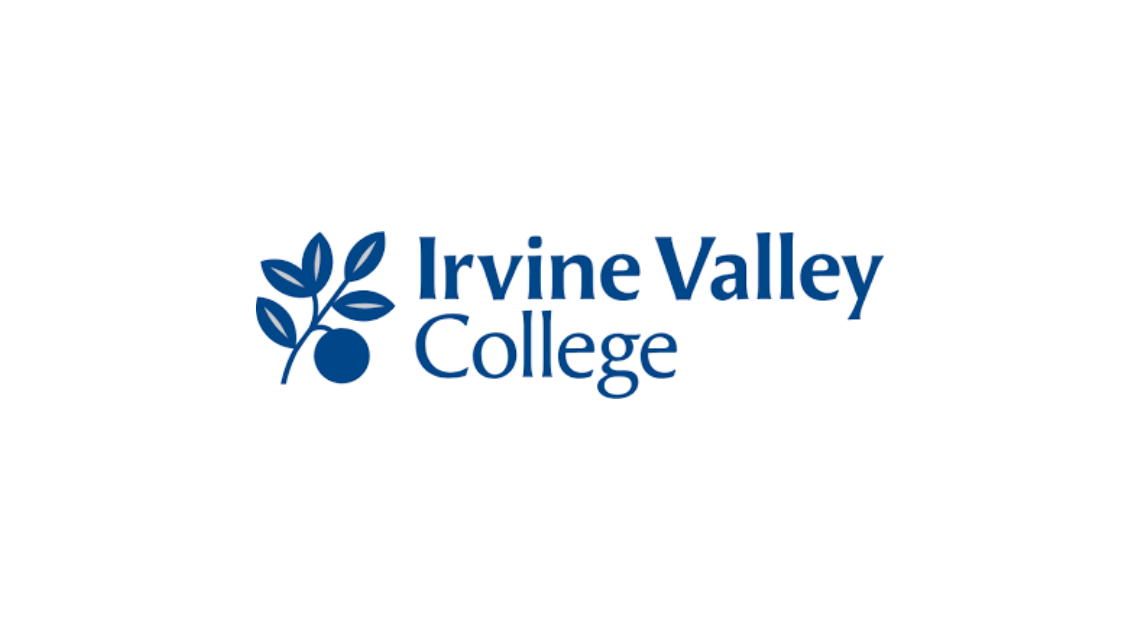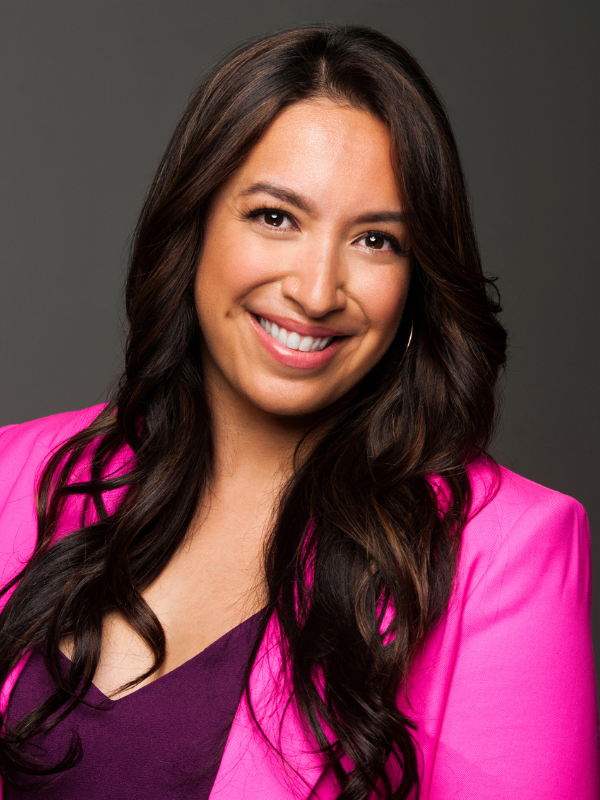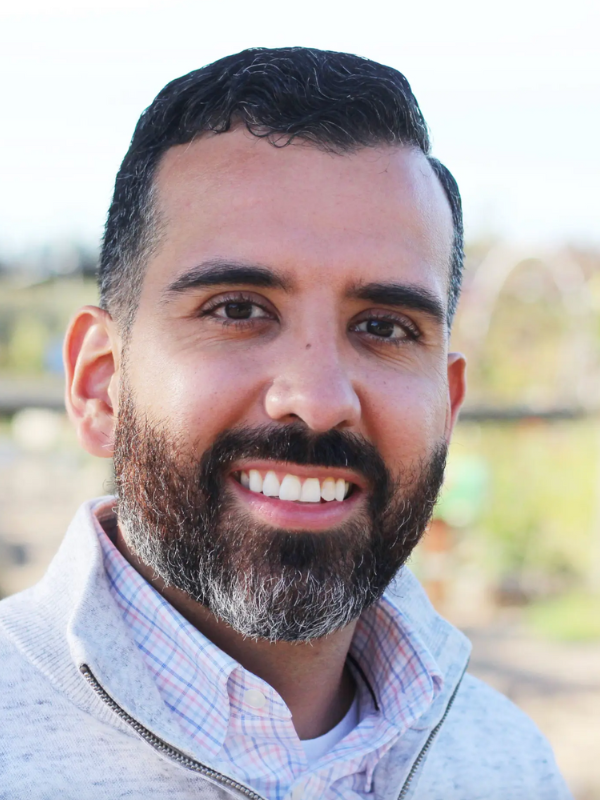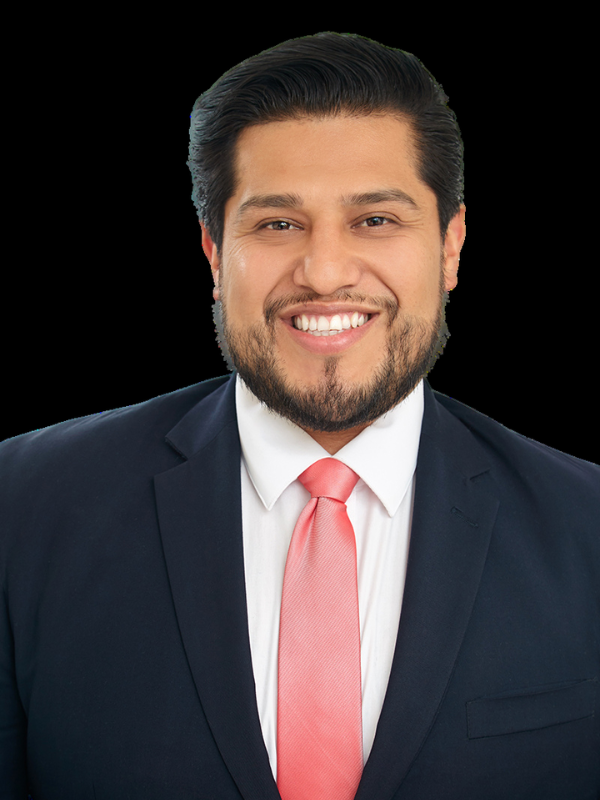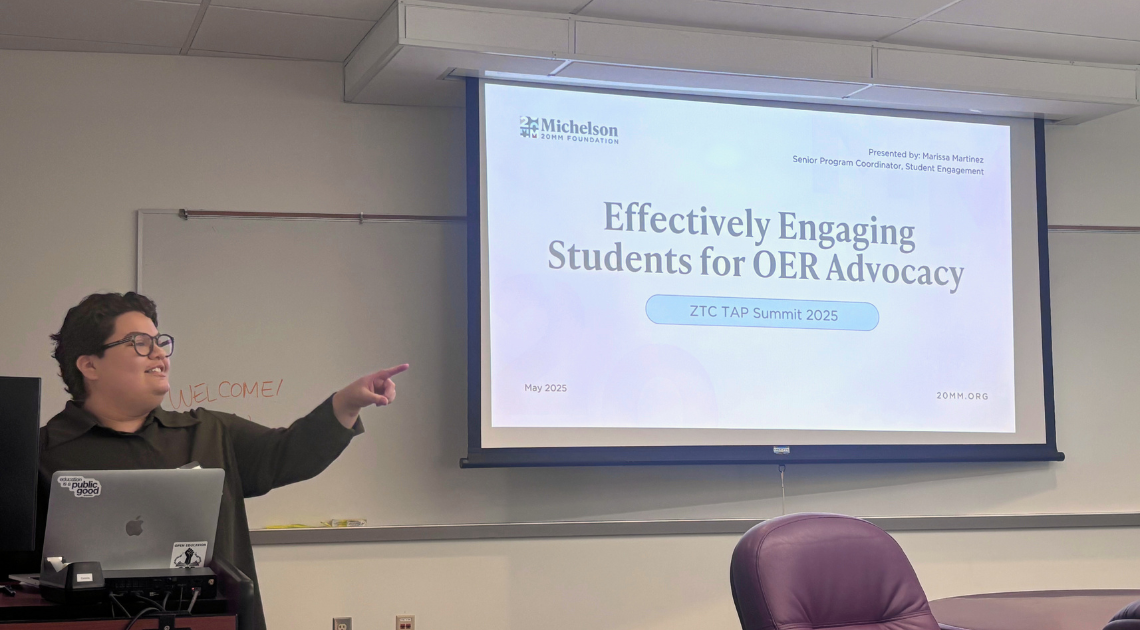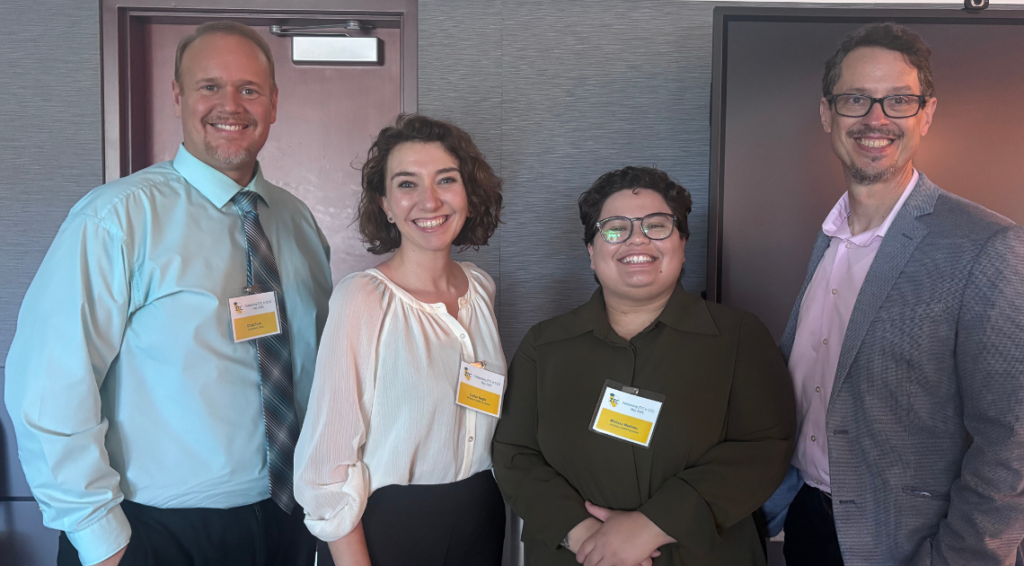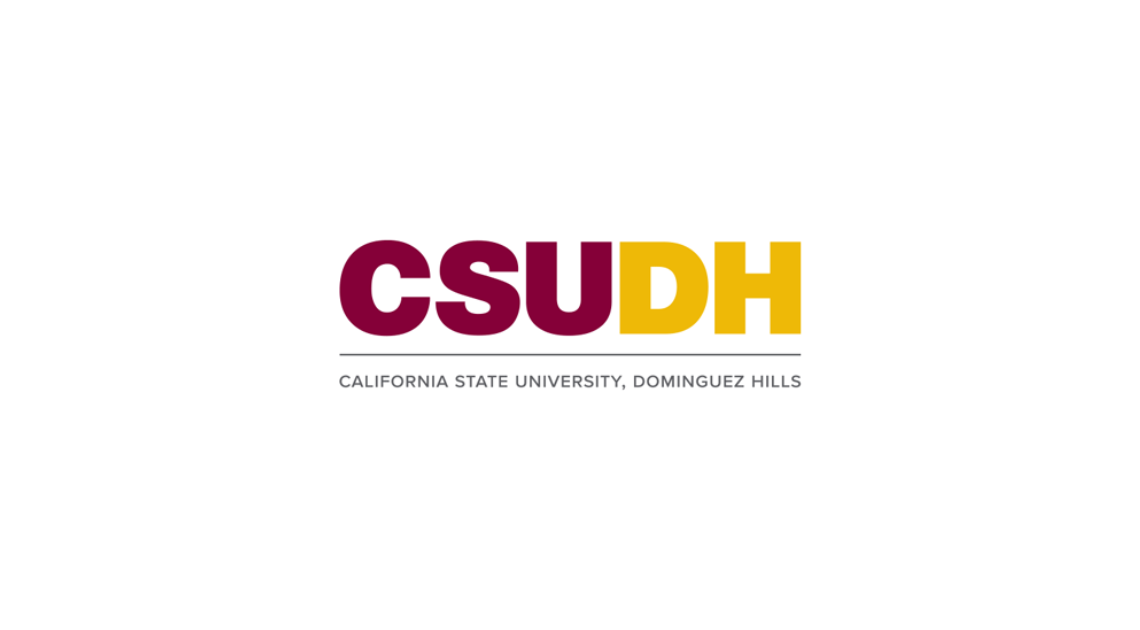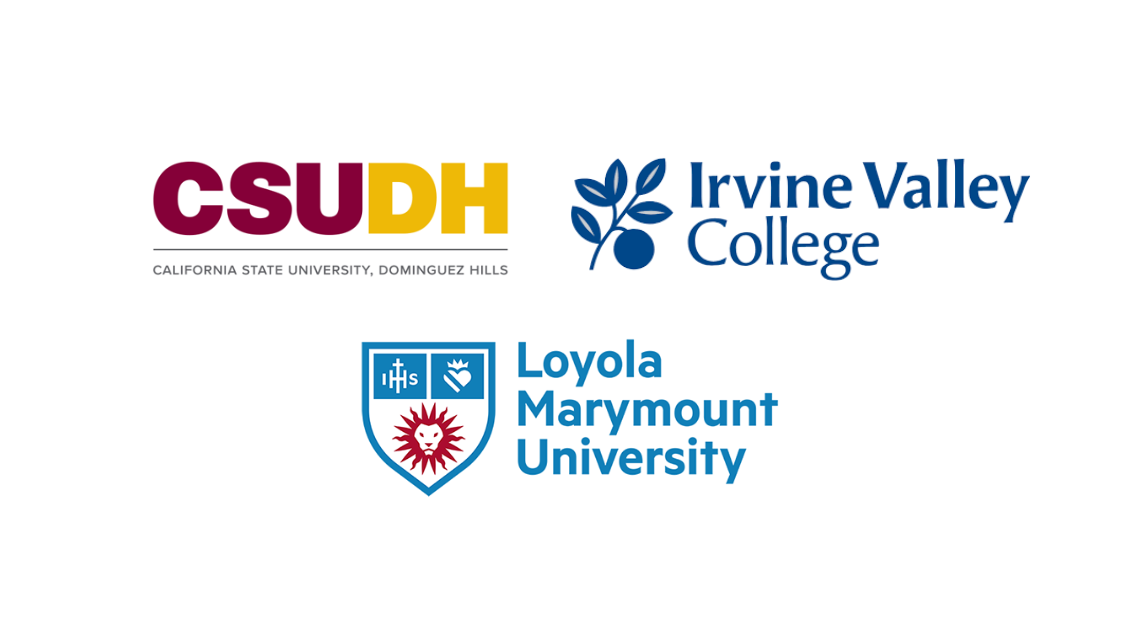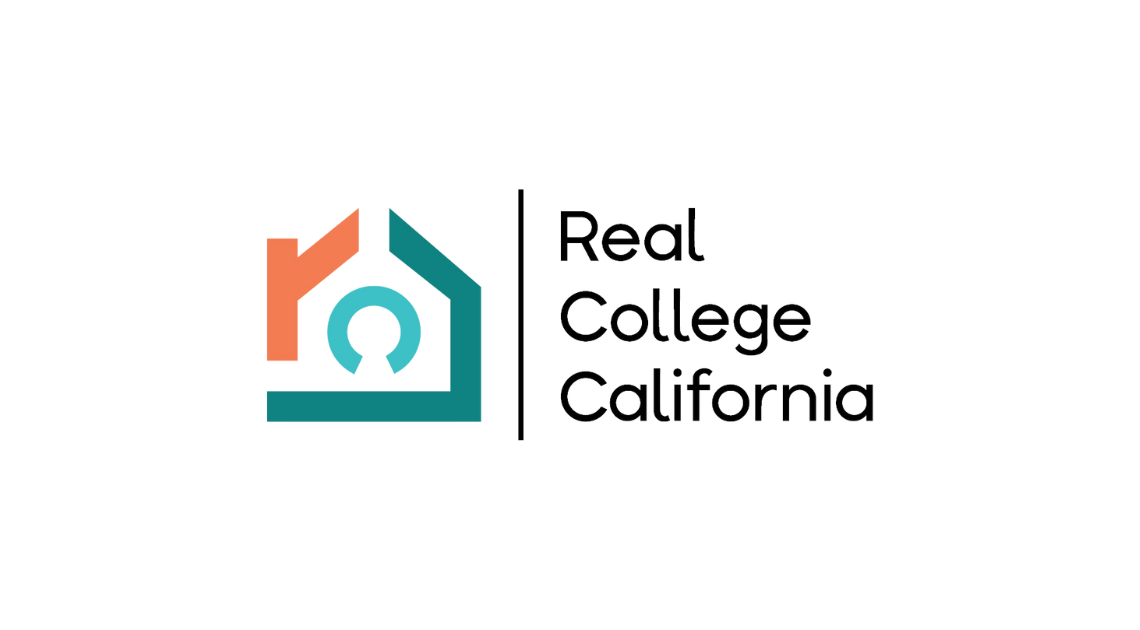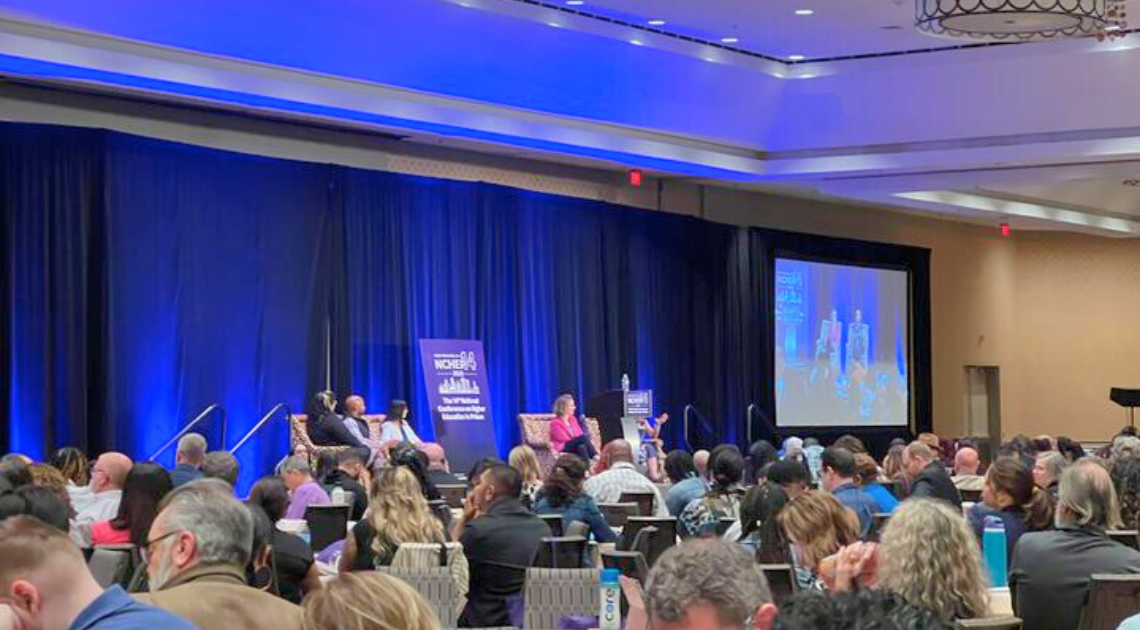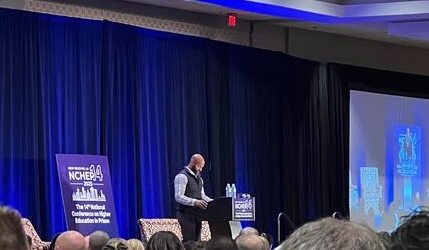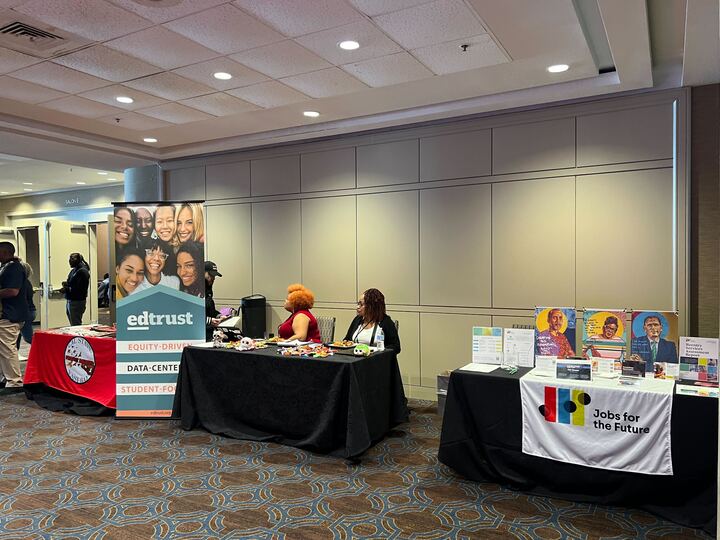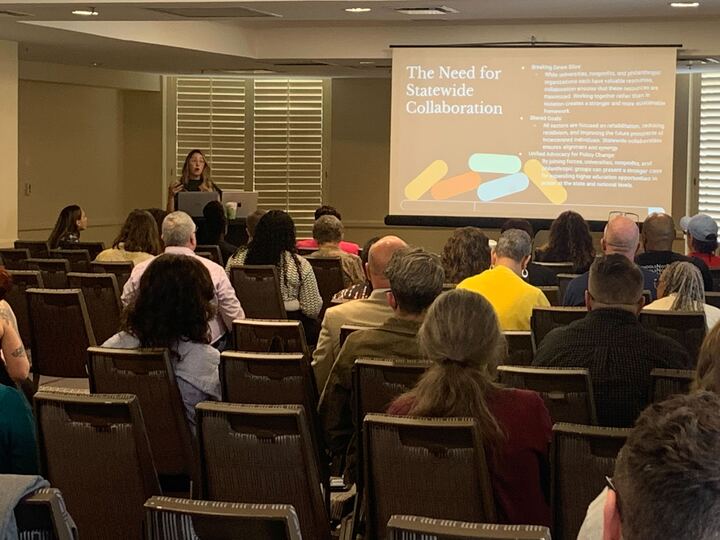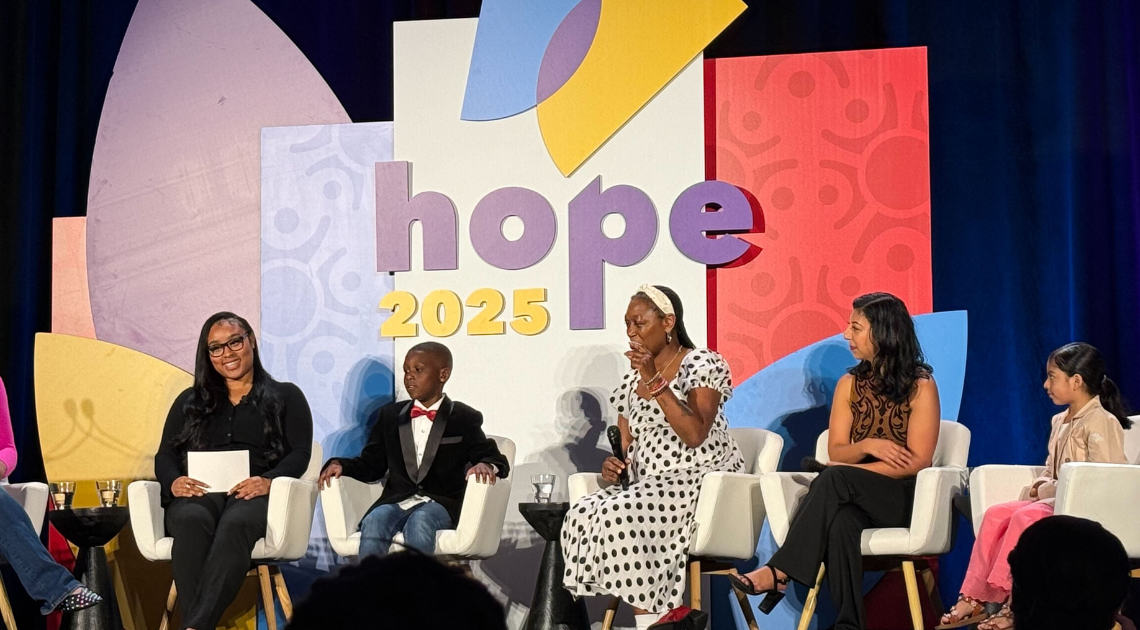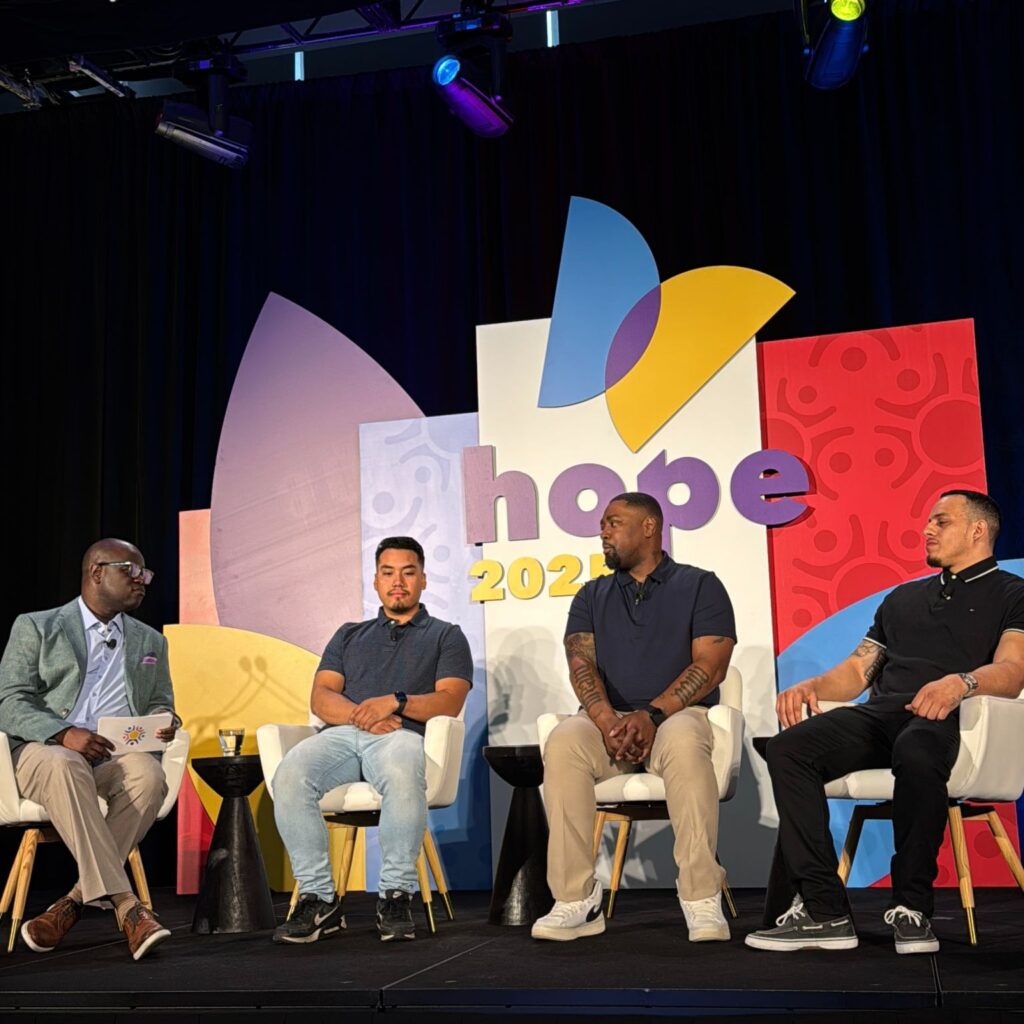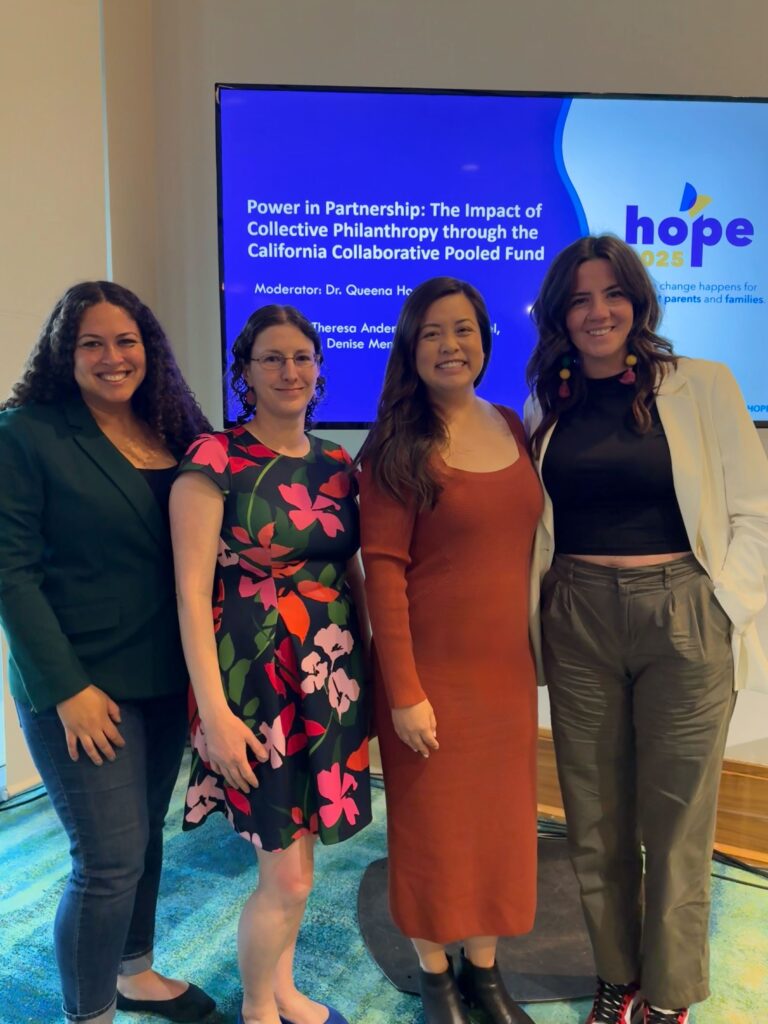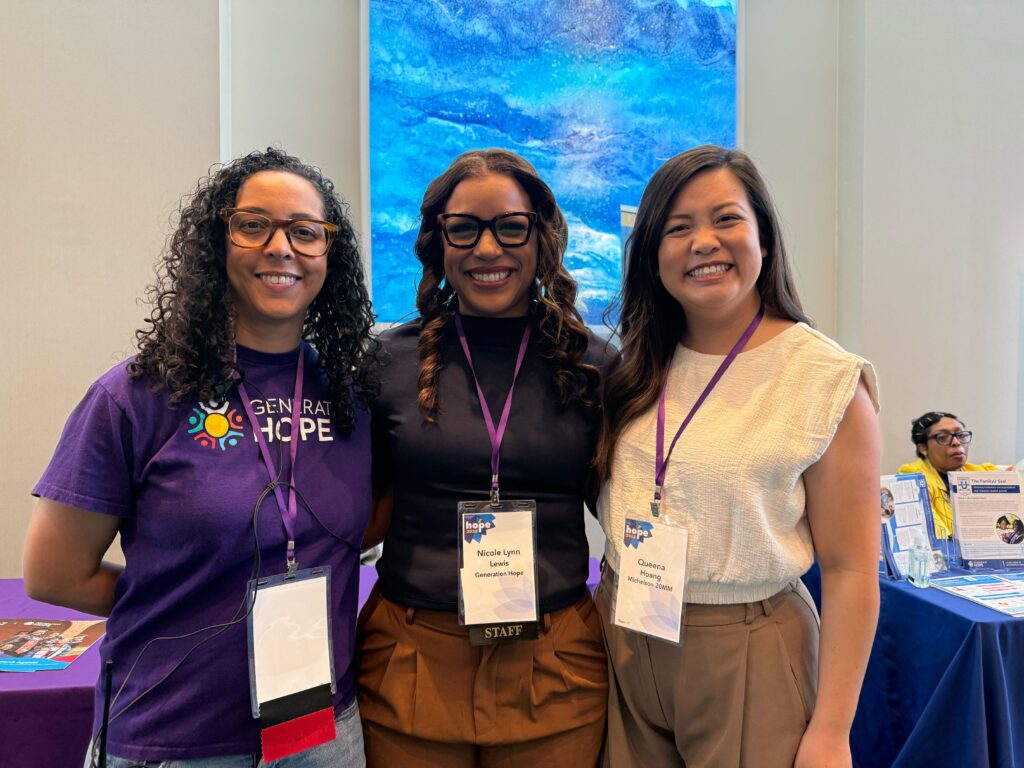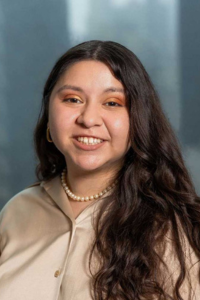Irvine Valley College (IVC) wants to improve how students find, navigate, and complete Zero Textbook Cost (ZTC) Degrees through a Michelson Spark Grant. IVC is investigating the best way to design a system centered on the student experience. The goal is to make ZTC pathways user-friendly, easy to identify, accessible, and practical.
Centering Students in ZTC Innovation
IVC is asking: How are students being directed to these resources? Are the instructions clear, and can a student realistically navigate and access what the institution claims to offer?
“Everyone wants ZTC degrees to benefit students, but learning how to maximize those benefits is going to take research and hard work,” said Cailyn Nagle, OER Senior Program Manager at Michelson 20MM. “This project will offer insights for colleges statewide that are building ZTC Degrees.” The study will identify what students need to access and complete ZTC pathways. It will also analyze how ZTC options are presented online and which tools students find most helpful.
The Role of Students in the Research
IVC will engage students as research partners throughout the project. Using a tiered model, students will lead focus groups, administer survey collection, analyze data, co-author findings, and present results at statewide conferences. The project offers participation options ranging from one-time involvement to full-semester engagement.
Delivering Actionable Research and Resources
The research will produce a detailed report with student-driven findings and recommendations. It will include a preliminary plan to build a student-friendly ZTC Degree interface. Additionally, the project will develop materials that can be shared widely. These outputs will guide IVC’s future ZTC planning and support similar efforts at other colleges.
Commitment to Equity and Inclusion
IVC serves a diverse student body, including many first-generation and working students. The project reflects their commitment to equity by embedding student perspectives throughout the research process. It encourages ZTC pathways that are clear, current, and centered on what students actually need.
Looking Ahead: A Scalable Model for ZTC Degrees
The Michelson Spark Grant will support research during the academic year. After that, IVC will share its findings broadly across California’s community college system. The project aims to document what works in ZTC implementation and why. IVC hopes to help shape a future where all students earn degrees without costly textbooks. Ultimately, they will influence how colleges design, communicate, and operationalize ZTC pathways to benefit.
About the Michelson 20MM Foundation
Michelson 20MM is a private, nonprofit foundation working toward equity for underserved and historically underrepresented communities by expanding access to educational and employment opportunities, increasing affordability of educational programs, and ensuring the necessary supports are in place for individuals to thrive. To do so, we work in the following verticals: Digital Equity, Intellectual Property, Smart Justice, Student Basic Needs, and Open Educational Resources (OER). Co-chaired and funded by Alya and Gary Michelson, Michelson 20MM is part of the Michelson Philanthropies network of foundations.
